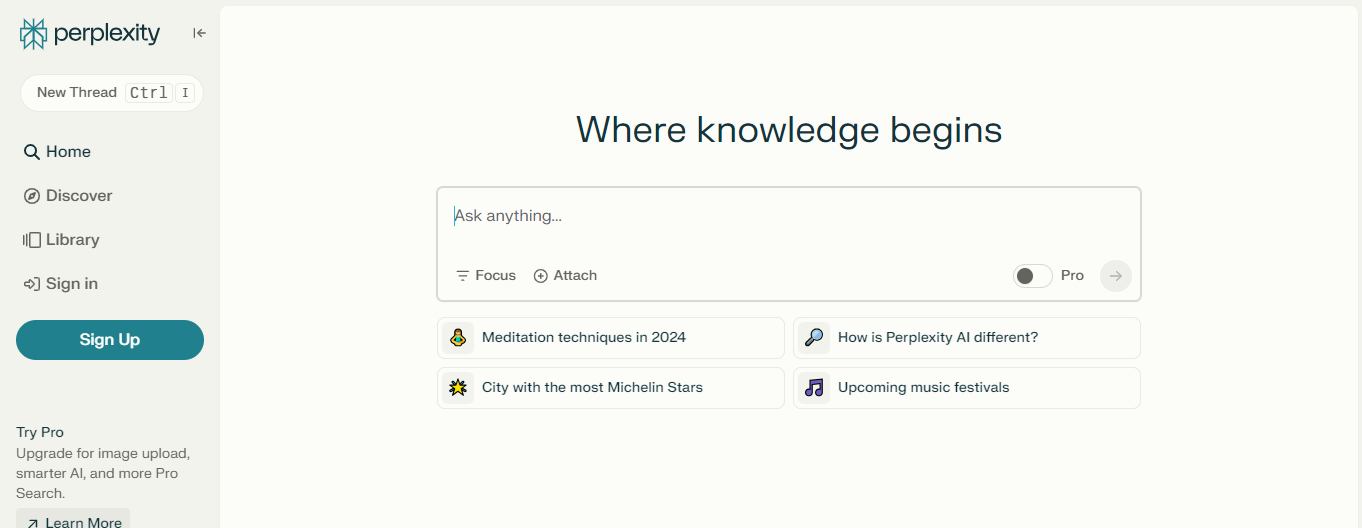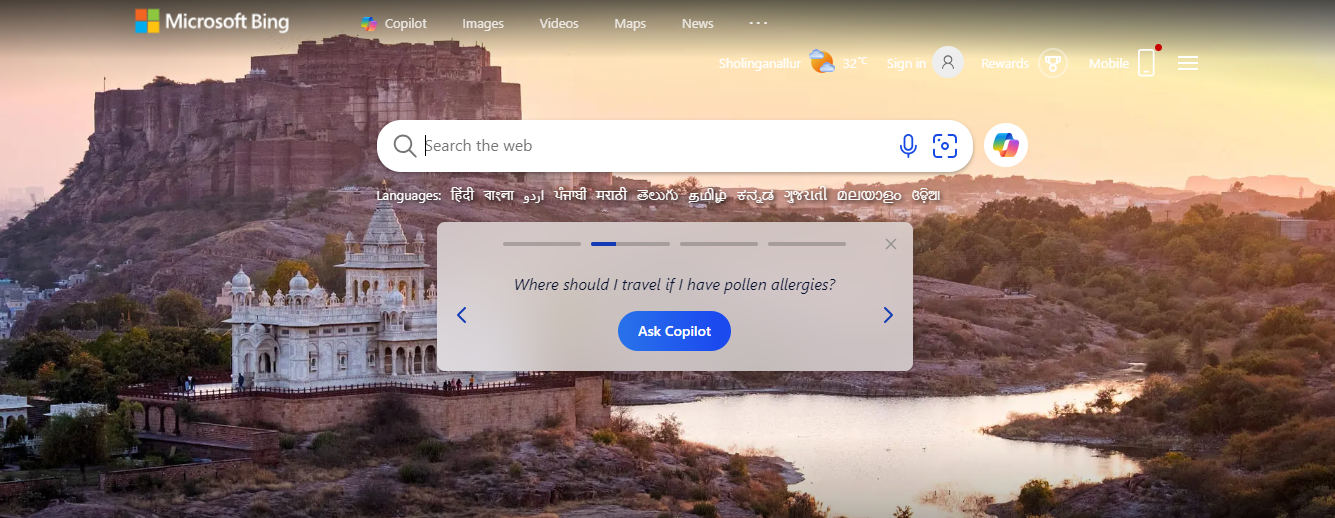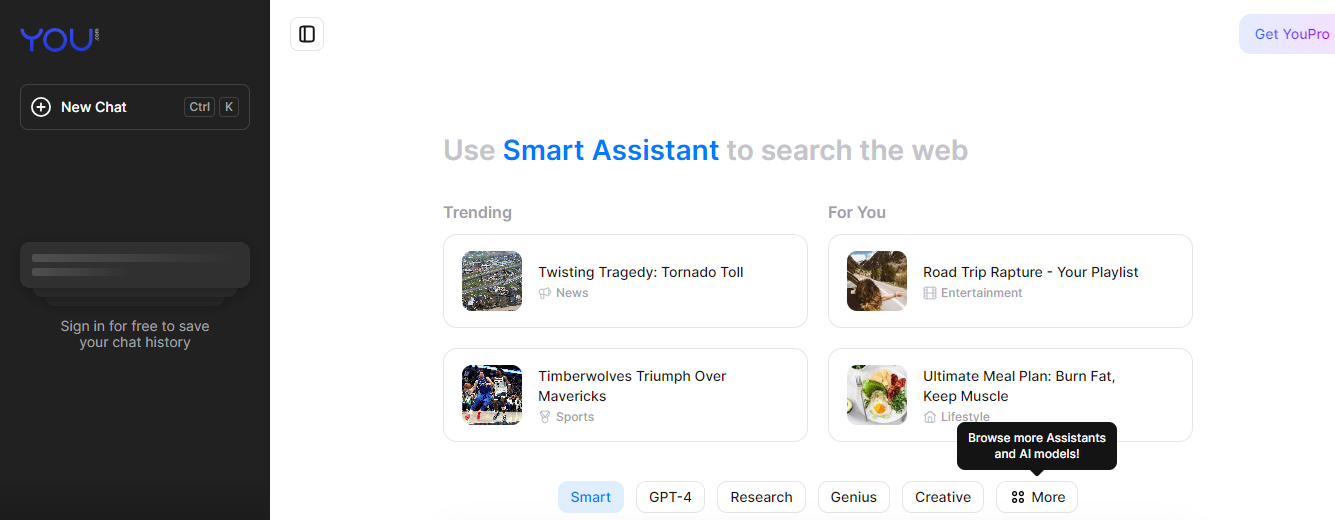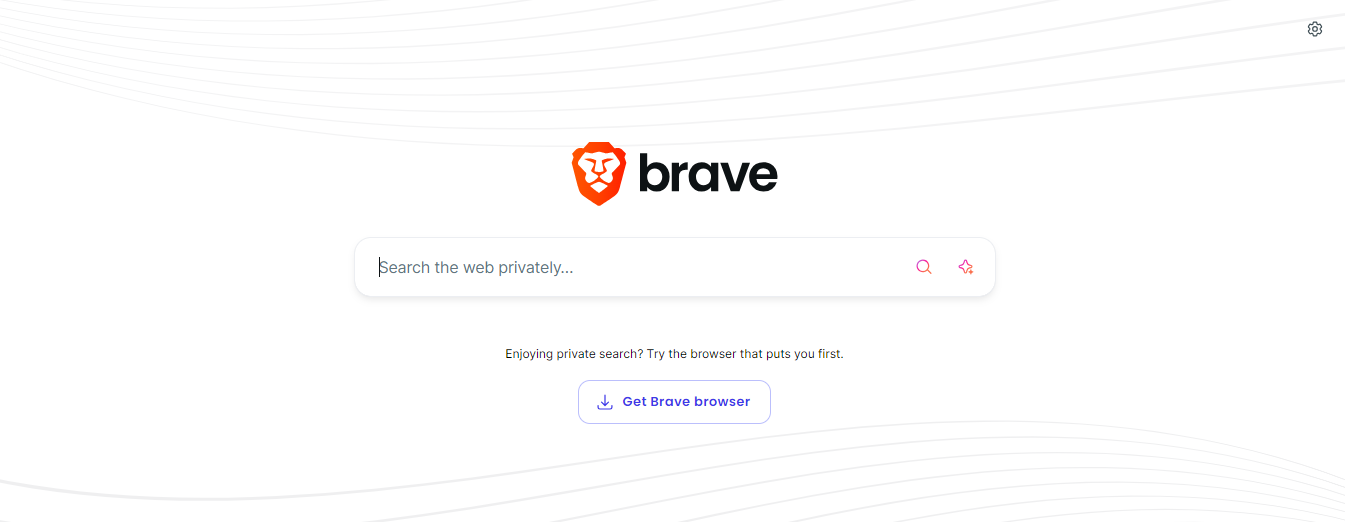2024's top AI search engines

Introduction
Upon its inception in late 2022, ChatGPT quickly gained popularity as users were astounded by its capacity to provide succinct and conversational responses to any query. Access to up-to-date information was a crucial aspect that ChatGPT was missing, though. AI-driven search engines arose to close the disparity.
Major search engines, such as Google and Bing, integrated generative AI into their platforms to provide conversational responses based on current information sourced from the internet within months of ChatGPT's inception. To compete with ChatGPT and the major search engines, other businesses like Perplexity AI joined the market and created their own AI search engines from the ground up.
Although they differ greatly in how they operate, AI search engines provide customers with the same fundamental service. Certain options—such as variations in search results, user interfaces, and suggestions—are more beneficial than others.
Perplexity AI
Perplexity AI was designed to be an AI search engine, in contrast to the other choices on our list that have incorporated AI into already-existing search engines. our methodology is evident in its interface, which flawlessly combines the greatest aspects of AI chatbots and search engines. In the end, this feature distinguishes Perplexity from every other player in the market and elevates it to the status of the most intriguing and all-encompassing AI search engine.
Upon initially using the application, a textbox that mimics the interface of any AI chatbot will appear. On the other hand, when you click on the textbox, a number of timely suggestions based on current affairs will appear, akin to what happens when you type a search query into a search engine. These recommendations distinguish Perplexity from other AI chatbots and aid in stimulating creative thinking.
If you use Perplexity as a search engine to find the best website, the results page offers multiple links at the top once you submit your search query. Conversational, succinct, bulleted AI-generated responses with footnotes and website connections are among the outcomes.
Finally, consumers can benefit from a "related" area beneath the AI insights, which mimics the functionality of a search engine tool like Google's "people also ask" feature. This section marked "related" promotes exploration. It's simple to use Perplexity as it's free to use and doesn't require an account.
Perplexity features: Free | Exclusive LLM | Access to advanced models like GPT-4 Turbo, Claude 3, and more via a premium subscription
Microsoft Bing
Since integrating Copilot, an AI chatbot, into its Bing search engine, Microsoft has noticed a huge increase in the number of daily active Bing users—more than 40 million new users over the course of the previous year. During my testing, Copilot has shown to be a very competitive chatbot, including capabilities that set it apart from ChatGPT.
Because Microsoft and OpenAI worked together to develop Copilot, the chatbot utilizes GPT-4, an extremely powerful LLM from OpenAI. When visitors search for anything using the box at the top of the search page results, Copilot's connection with Bing delivers high-quality results. The fact that the AI insights aren't overpowering and are contained in a single box off to the side, as seen in the image below, is the best aspect of Microsoft's execution and what sets it apart from Google's.
With this method, you can simply enlarge the results to view additional AI-powered insights. However, the AI insights are limited to a small area of your desktop screen that you can ignore if you'd rather scroll through the standard search results instead of the output. Bing is a fantastic choice if you're not quite convinced you want to switch to an AI search engine.
Google may already be the greatest choice for you if you are a devoted Google user and interested in learning how AI might enhance the search experience. Google unveiled its Search Generative Experience (SGE) last year. Users could only access it through Search Labs, but it provided AI-generated insights at the top of search results. Nevertheless, the company declared at Google I/O that it will make those AI overviews available to all American users.
This implies that Google would automatically provide the AI insights when you enter a search query that could benefit from AI overviews. The sole drawback is that you are forced to see them even if you have no interest in doing so. Pushing organic search results down may not be a suitable strategy for everyone, as the AI insights are larger than Bing's and occupy the top of the screen.
You.com
You.com is the greatest AI search engine if you enjoy the way an AI chatbot looks, feels, and interacts with you. When you first visit You.com, the interface will look a lot like an AI chatbot. The main distinction is that You.com is a search engine because it is connected to the internet.
You can ask any question you have about any subject you'd like to know more about, and you'll get conversational answers along with real-time web results. But, the output that is shown is not what you would expect from a standard search engine, so this tool might not be your best bet if you prefer to see results as a list of webpages.
Alternatively, consumers can click on the conversational response with further footnotes that You.com displays to visit the website and confirm the source. As demonstrated in the image at the top of the page, the tool will also, when appropriate, add graphics that improve the responses over those from a conventional AI chatbot like ChatGPT. Alongside its response, You.com offers a "People also ask" section and a "private mode" that is akin to Google's incognito mode.
Features on You.com: Free | Subscription option | You.com proprietary LLM available in the free edition
Brave Search
Because it gives users more privacy and security when accessing the web, Brave Search is a popular search engine. Blocking trackers and online advertisements is one of Brave's best features; it also extends the life of your device's battery and speeds up your browsing. With the recent addition of Brave's "Answer with AI" function, which integrates generative AI into the search engine, users can still enjoy the security aspects of the tools mentioned above, but will have a virtually same experience.
For the complete experience, download the Brave browser on your computer. On the other hand, by going to its website, you can utilize Brave Search in any browser. Entering a search query is all that is required to use Brave Search, making it user-friendly. You will see AI-generated insights at the top of the search results, just like with Google and Microsoft's search engine (see the screenshot below).
Although Brave Search doesn't provide footnotes for its answers, it does provide "context" with links to related articles beneath the response, which is helpful for confirming the accuracy of the information. Brave Search distinguishes itself further by claiming that, in contrast to many competitors that depend on Google's or Bing's search engines, the results are generated using Brave's own search index.
Features of Brave Search: Free | Brave's own search index



